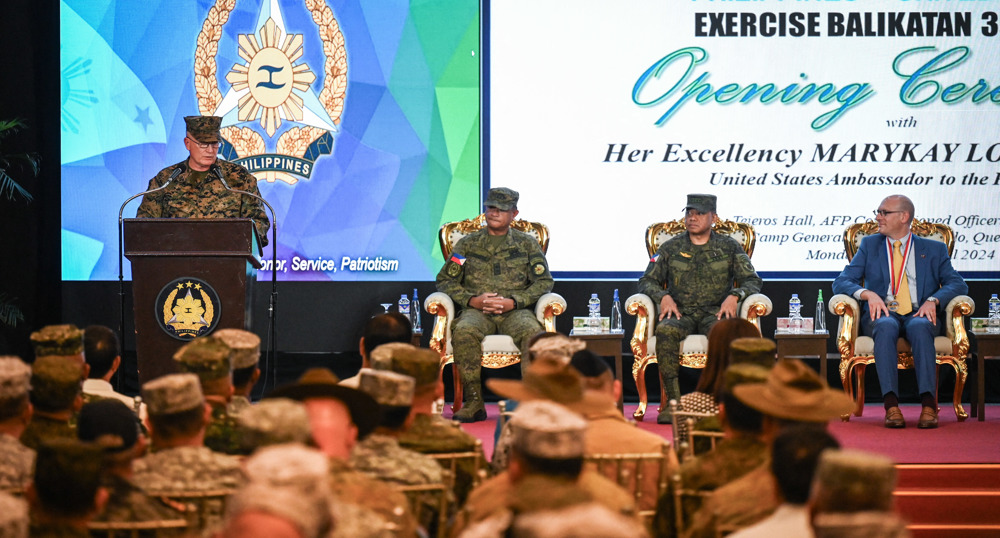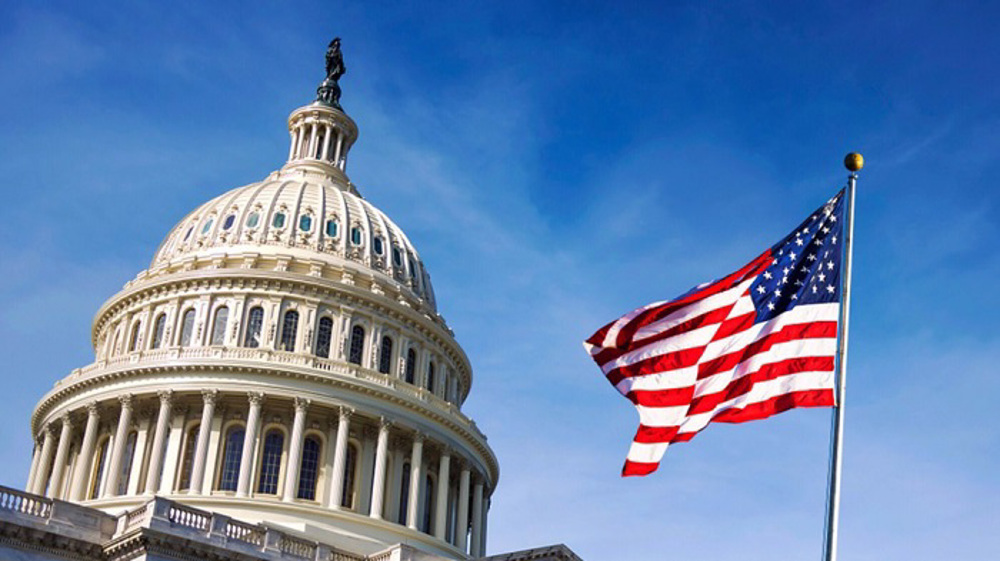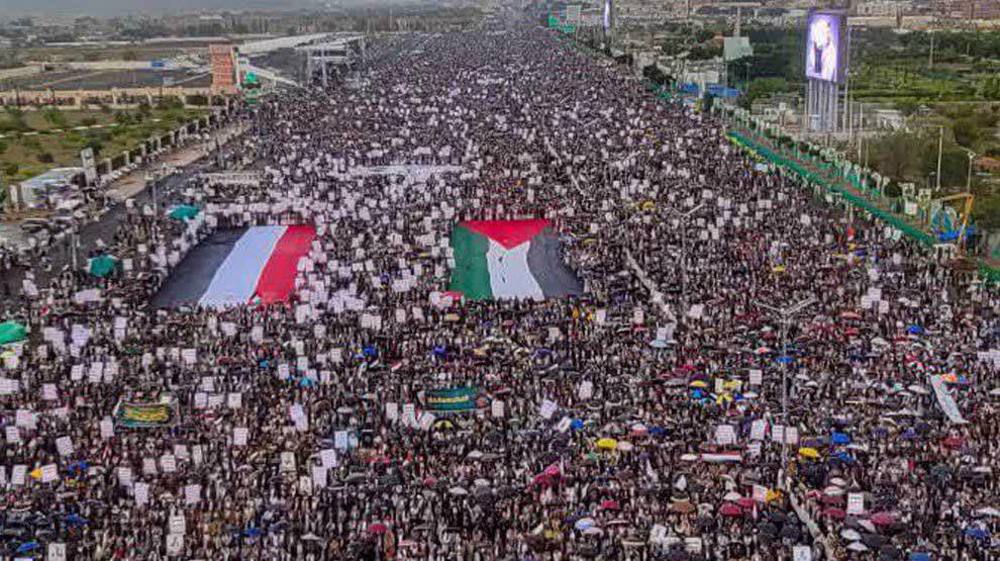ICJ to be asked to help stop violence against Rohingya
The International Court of Justice (ICJ) at The Hague is to be asked to enact “provisional” measures that would ask Myanmar to stop deadly violence against the country’s Rohingya Muslim minority.
Gambia, which has lodged a case with the ICJ to implicate Myanmar in genocide against the community, will be urging the court to enable a restraining order against Myanmar before official hearings could begin.
The plea would be presented to the 16-member panel of judges at the tribunal, which serves as the United Nations’ inter-state arbitration mechanism, on December 10, Reuters reported on Friday. The hearings are expected to go underway next year.
Rohingya Muslims, recognized by the UN as the world’s most persecuted minority group, are denied Myanmarese citizenship as the country’s leadership brands them as illegal immigrants from neighboring Bangladesh, which, for its part, says they are from Myanmar.
A military crackdown that began in 2016 saw thousands of the Muslims being killed, injured, arbitrarily arrested, or raped by Myanmarese soldiers and Buddhist mobs.
After the initiation of the military campaign that the UN has said was perpetrated with “genocidal intent,” more than 730,000 members of the minority fled Myanmar’s northwestern state of Rakhine to Bangladesh. They have largely been camped in the country’s southern district of Cox’s Bazar in squalid conditions.
The office of Myanmar's ruler Aung San Suu Kyi, meanwhile, said she would personally lead her country's defense at the ICJ. Myanmar's legal team is expected to argue that genocide did not occur, that the top UN court lacks jurisdiction, and that the case fails to meet a requirement that a dispute exists between Myanmar and Gambia.
Suu Kyi has come under heavy international criticism for her refusal to even condemn the widely-reported bloody violence targeting the Muslims.
"Our Rohingya communities are waiting for the resolution of ICJ. We hope that something will change after ICJ," said Mohammed Nowkhim, a Rohingya refugee in Bangladesh.
"Our remaining villagers decided that we can't stay any more. If we stay they will kill us. So we gathered in one place and started our journey to Bangladesh," he told Reuters, describing why he and others had escaped Rakhine.
Commenting on the scale of the upcoming legal proceedings at the UN court, Richard Dicker, head of the international justice program at New York-based Human Rights Watch, said, "It's difficult to overstate the importance of what is unfolding at the ICJ." "The global significance lies in that this is the first time the Genocide Convention has been put to use in the way its framers intended," he added.
VIDEO | Yemenis endorse naval forces' attacks on Israeli-linked ships
VIDEO | New national transport strike hits Italy
US to pull out troops from Chad in second African state withdrawal
Yemeni armed forces strike British oil tanker in Red Sea
VIDEO | Genocide in Gaza
VIDEO | Press TV's news headlines
VIDEO | American, Israeli rabbis call for ceasefire during protest near Gaza
Iran calls for enhanced defense cooperation with Russia














 This makes it easy to access the Press TV website
This makes it easy to access the Press TV website